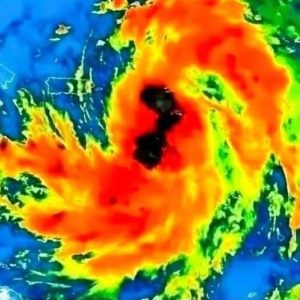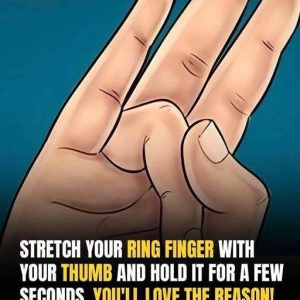Losing a loved one is undeniably tough, especially for those connected to the military. While visiting gravesites, people express their love through elaborate offerings. Unique among these is the tradition of placing coins on gravestones, particularly poignant for veterans and their families.
The origin of this practice is uncertain, with claims linking it to the Roman Empire debunked by Snopes. Regardless, it symbolizes the profound sacrifices made by those in the armed forces. During the Vietnam War, leaving coins on gravestones became a discreet way for comrades to communicate their visit without delving into sensitive political discussions with grieving families.
Each coin carries distinct meanings. A penny signifies a visitor, a nickel indicates shared boot camp experiences, a dime represents teamwork, and a quarter signals that the visitor was present during the soldier’s passing.
Beyond coins, challenge coins are another military tradition, emphasizing unity among servicemen. While challenge coins lack monetary value, they hold immense symbolic importance.
Coins’ historical significance as symbols of luck and prosperity adds depth to this practice. While the exact connection remains uncertain, placing pennies on gravestones signifies a profound acknowledgment of military sacrifices and an enduring link to a tradition that transcends material worth.





